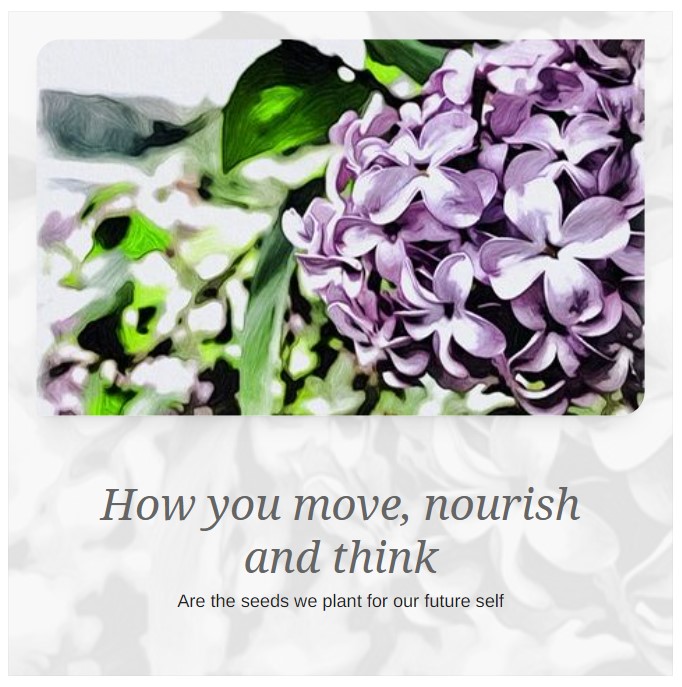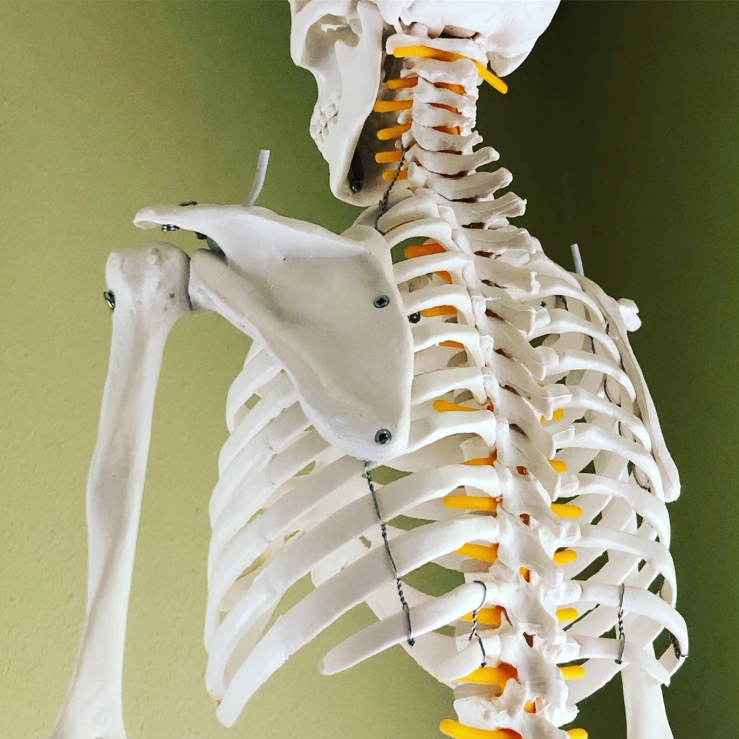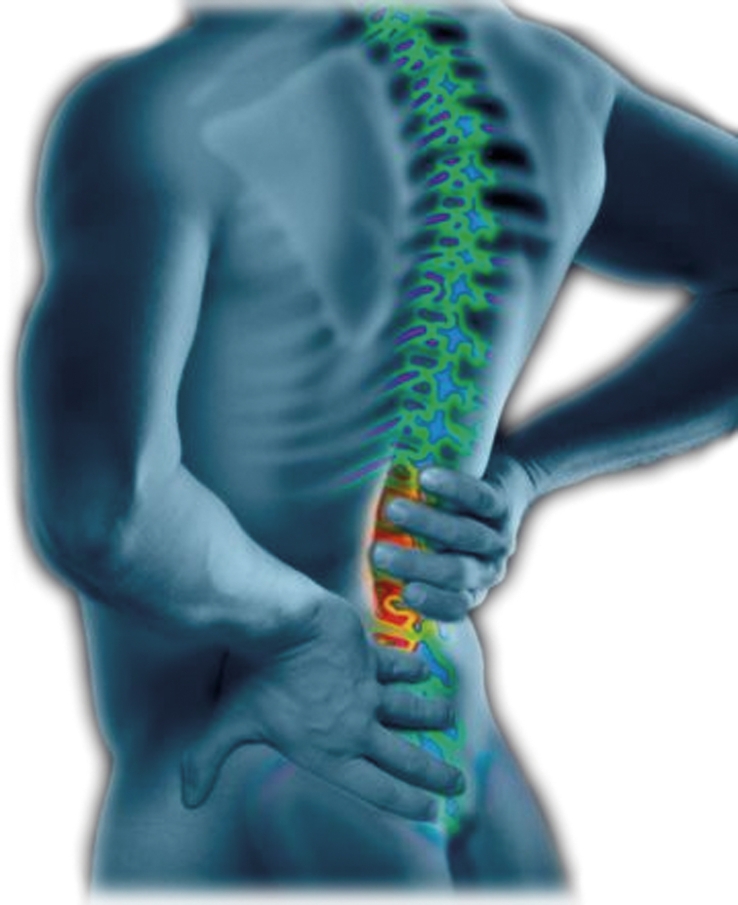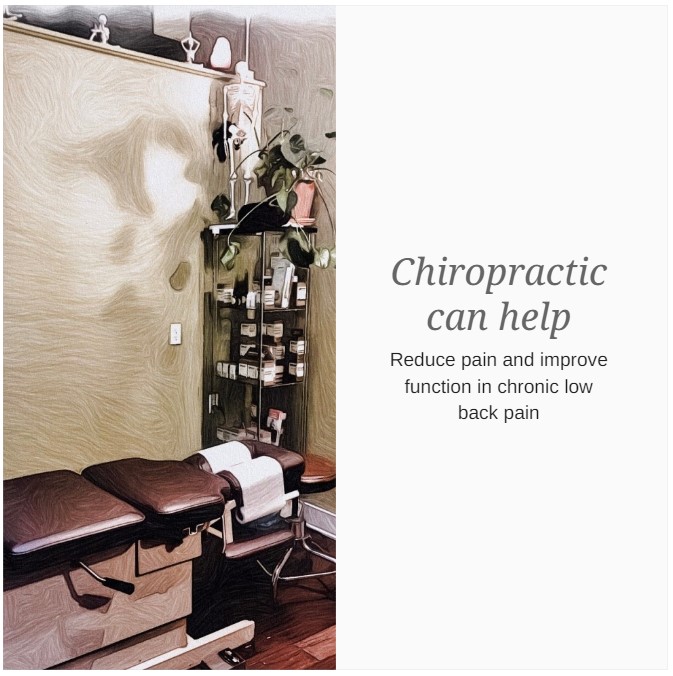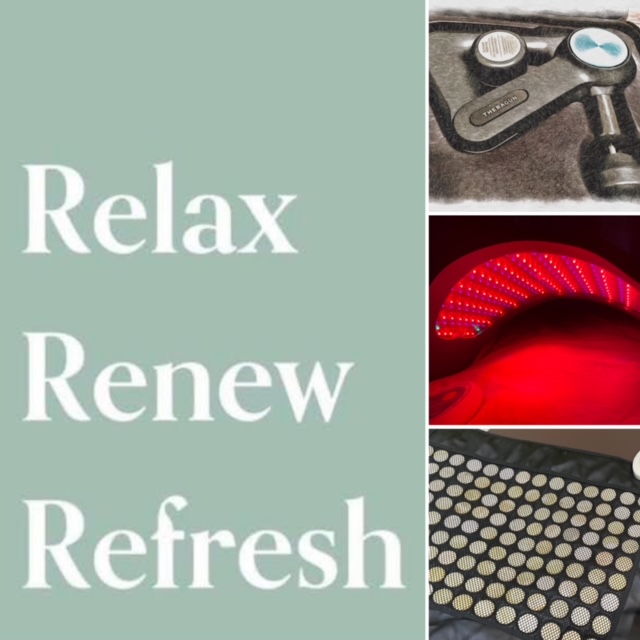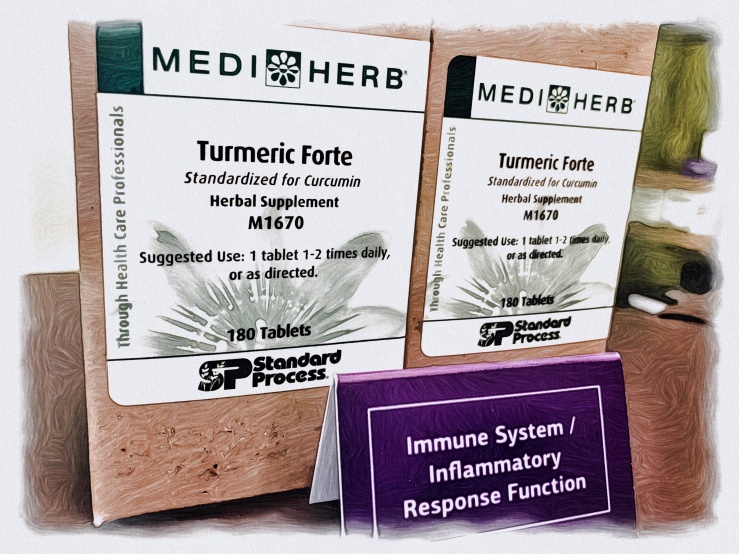Stress and poor mental health are one of the biggest public health challenges that we’re facing. Sadly, even though that is the case, we are still not taking its impact seriously enough. We continue to separate mental health from physical health and vice versa. The reality is they cannot be separate – there is no health without mental health and stress can lead to numerous health problems. From physical problems, like heart disease, insomnia, digestive issues, immune system challenges, etc to more serious mental health disorders such as anxiety and depression.

Visit stress.org for more information
Stress Awareness Month has been held every April since 1992 to raise awareness of the causes and cures for our modern-day stress epidemic.
We have an opportunity for an open conversation on the impact of stress. Dedicated time to removing the guilt, shame, and stigma around mental health. To talk about stress, and its effects and open up about our mental and emotional state with friends, families, colleagues, and professionals.
What can you do for Stress Awareness Month?
- Talk about Stress and it’s effects – lets work together to reduce the stigma that is associated with stress by talking about the topic openly and freely with friends, family and colleagues.
- Share your coping mechanisms – if something has worked for you why not share it? It might benefit someone you care about and in the meantime, it might help you take your focus off your own challenges.
- Be nice to those who are stressed and anxious – we are all undoubtedly going to experience stress and anxiety in our lifetime so treat others going through it with compassion and empathy.
- Look after yourself – we all need to think more about self–care. Take time out of your day to relax or do something that you enjoy. Don’t forget to exercise and eat well, even when you feel too stressed.
The most crucial thing you can do when you are stressed or anxious is to make sure you are continuing to look after yourself. Make time to relax when you need to and learn to say no to requests that are too much for you.
If you are in immediate distress or are thinking about hurting yourself, call or text the 988 Suicide & Crisis Lifeline at 988 or chat at 988lifeline.org.
Be well.
Adapted from The Stress Management Society, click here for more.
